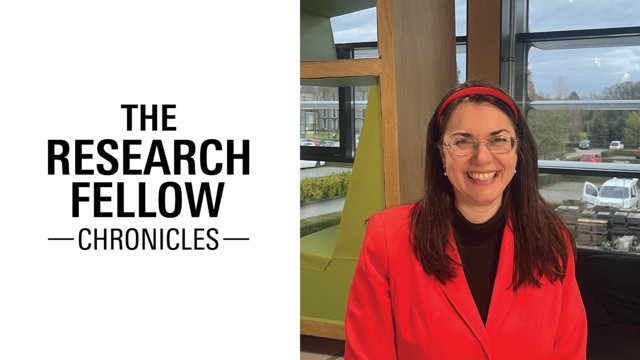Today marks the start of a new DesignLab series that we call The Research Fellows Chronicles.
Here at DesignLab, we truly value our collaborations with Research Fellows. Each month, we are going to choose a Research Fellow to ‘put in the spotlight’ and show you what they do, and how they got to this point. What is their research about? What does DesignLab mean to them? What are their key concerns on society’s digitalisation?
Today we are joined by Mila Koeva, a beloved Research Fellow at DesignLab, an Associate Professor here at the UT, and part of the Department of Urban Planning and Land Information. She was one of the 5 recipients of the DesignLab Seed Fund of 2023 for her project on Digital Twins From Geospatial Data, which is a replica of our city living environment in a digital form. Over the last decade, many efforts have been focused on developing semantic 3D city models for smart city modelling. Such models use various geospatial and remotely sensed information as a basis and go beyond a simple 3D visualisation. Although the Digital Twinning (DT) term has recently been used in various domains, there is no commonly accepted definition of Digital Twins in the geospatial domain. This is where Mila steps in. She created this digital twin using geospatial information, remote sensing data and sensor data. This project can help to solve many societal problems such as urban planning, urbanisation in general, climate change, mobility, transport, energy and many other domains. To read more about this project, click here.
We would like to thank Mila for her insights and work, and others like her who dedicate their work to making a positive impact for society and for shaping a future we want to live in.






